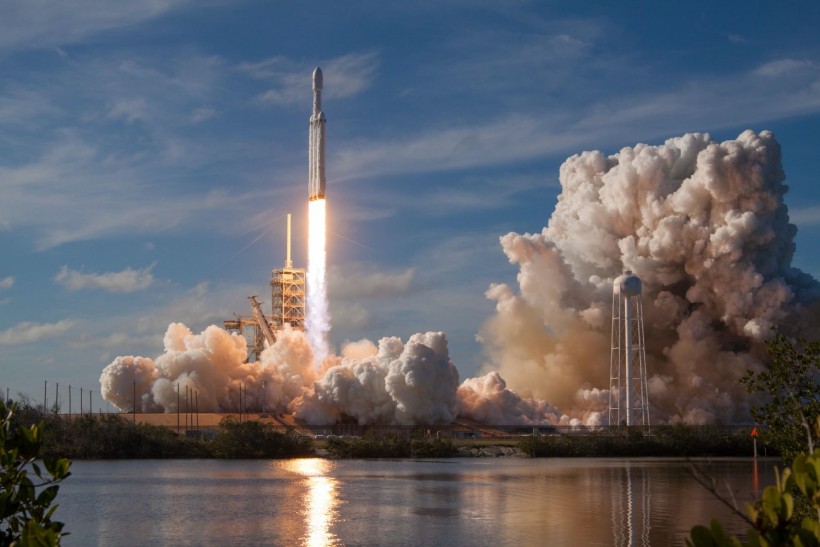
A Cygnus cargo mission is scheduled to launch at 5:50 a.m. on Sunday (Nov. 6). ET carrying bizarre experiments into space, including ovarian cells.
Cygnus Cargo Mission
The latest International Space Station (ISS) freight shipment, delivered by a Northrop Grumman robotic Cygnus cargo spacecraft, will launch on the company's Antares rocket at 5:50 a.m. Sunday (Nov. 6) at 10:50 a.m. EST (10:50 GMT) out from Mid-Atlantic Regional Spaceport at Wallops Island, Virginia. Live coverage is available at Space.com, courtesy of NASA Television. The coverage begins 20 minutes before the launch.
The Cygnus spacecraft is an unmanned cargo ship that transports supplies and equipment to and from the International Space Station (ISS). Northrop Grumman Space Systems, private American aerospace and defense technology firm, operates it. The vehicle is called after the constellation Cygnus, which may be seen in the northern night sky.
Cygnus development began in 2008, when NASA granted a $1.9 billion contract to Orbital Sciences Corp., a Virginia-based commercial aerospace corporation, under the agency's Commercial Orbital Transportation Services Program, as previously reported by Space.com. After the retirement of NASA's space shuttle program, which formally ended in 2011, the spacecraft was planned to transport items to the ISS.
This spaceship will deliver ovarian cells from cows going to the space station on Sunday, along with a number of other exciting research projects. The bovine cell bonanza or OVOSPACE will then investigate how microgravity impacts cell growth after arriving at the ISS on Tuesday (Nov. 8) after being installed. According to experiment co-principal scientist Andrew Fuso, this might someday have uses for human reproductive therapies.
"This is really our first approach, and it is for the moment an observational study," Fuso said.
Also Read: Rice on Space? Astronauts Have Successfully Grown Rice Seedlings Aboard a Space Station
Bizarre Experiments Onboarding the Spacecraft
Besides that, a 3D printer known as the BioFabrication Facility is also on its way to the orbiting laboratory. It also reached space in 2019 to manufacture some human knee cartilage, particularly the meniscus and a set of human heart cells.
"We brought [the printer] back to our lab in Indiana... to add a few new capabilities, such as the ability to finally control the temperature of each printhead," said Rich Boling-the vice president of corporate advancement for in-space manufacturing and operations at the company Redwire Space
Following another space shipment, Redwire will create a brand-new meniscus and evaluate it in the lab in preparation for future patient transplants, according to Boling. Blood vessels and heart tissues will also be created. Redwire also intends to conduct medication effectiveness testing on "organoids," or tiny copies of organs, in space.
Other studies making their space premiere looking at how plants adapt to space. Plant Habitat-03 investigates whether such adaptations in one generation of space-grown plants may be passed on to the next. Post-Wildfire Mudflow Micro-Structure will also assess the mudflows' composition, which includes sand, water, and trapped air.
Related Article: NASA Experiments With Artificial Gravity That Could Reduce Health Problems of Astronauts
This article is owned by Tech Times
Written by Thea Felicity








